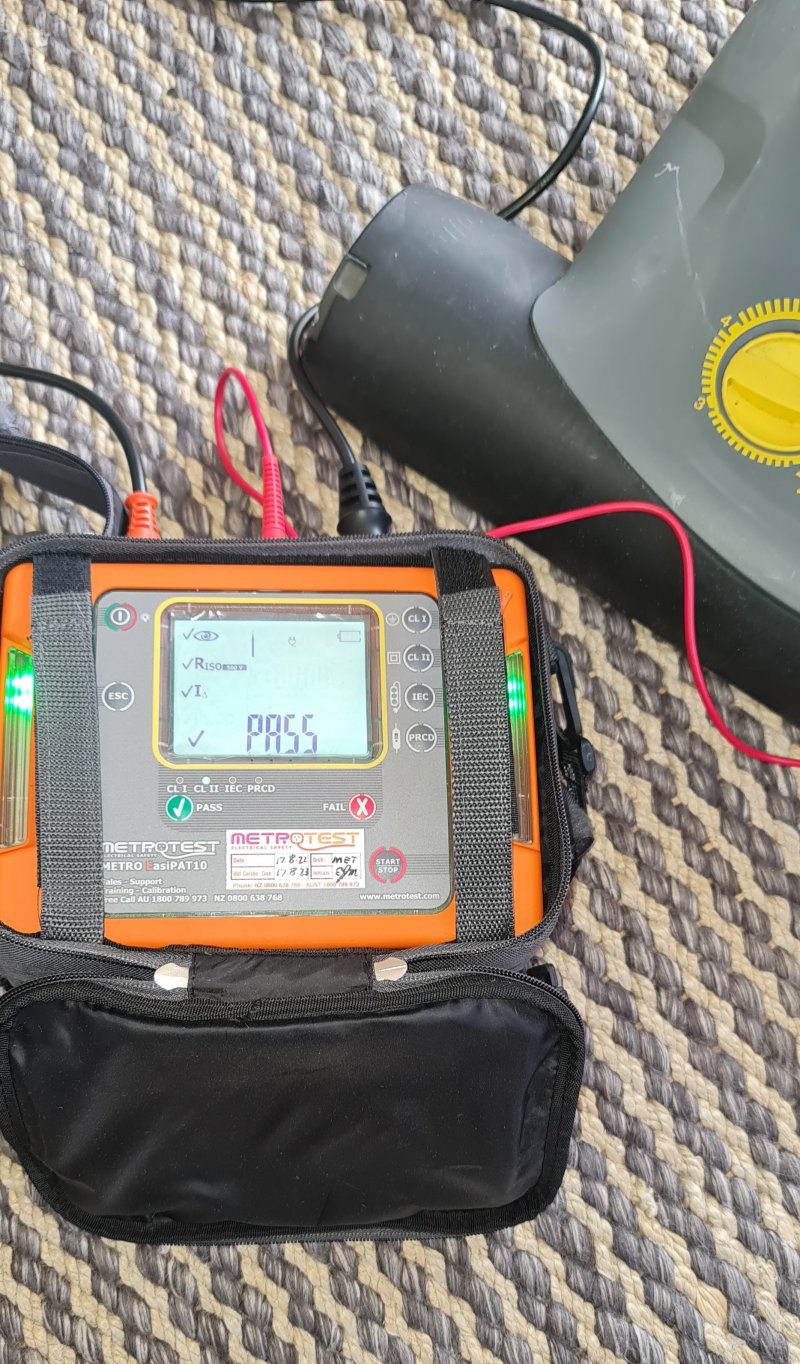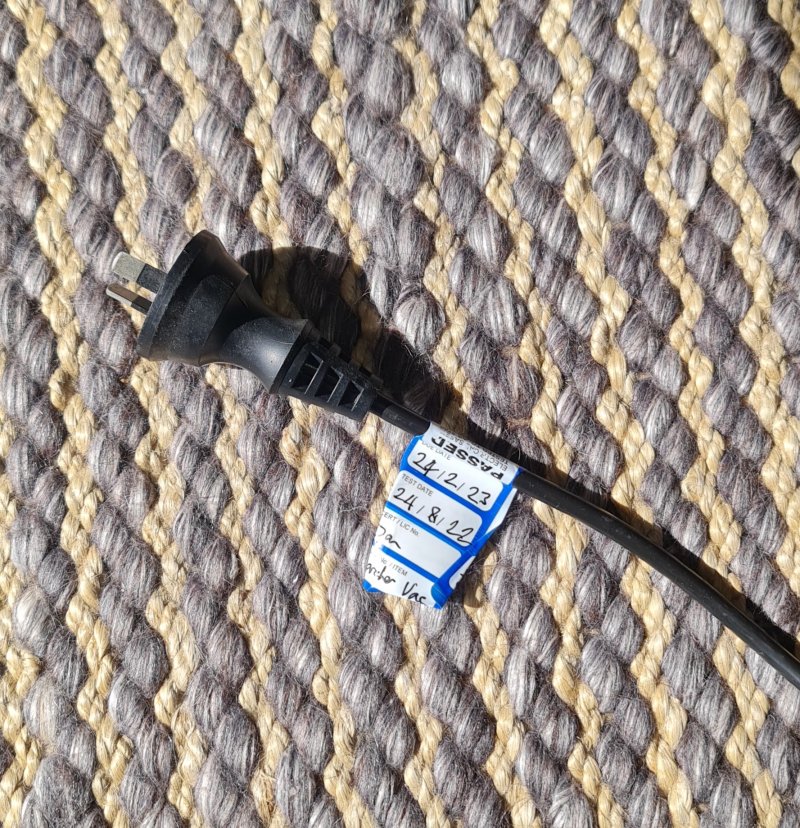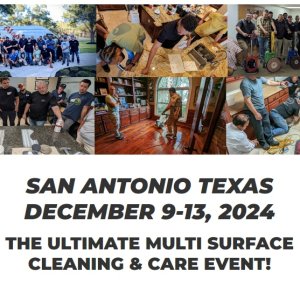Mikey P
Administrator
Apprentice (Assistant, Learner, Novice, Beginner, Neophyte, Greenhorn)
Throughout the Middle Ages, most trades (blacksmithing, shoemaking, baking, carpentry, stone masonry, etc.) were controlled and operated by guilds. These guilds also created a community for the tradesmen and often became influential political bodies as well. Typically, a master craftsman (say, a blacksmith) would take on an apprentice (a “learner,” from the Latin apprendere, “to lay hold of, grasp”) who would study and work under the master in order to learn the trade. After a few years of training as an apprentice, the apprentice would gradually acquire enough skill to warrant being paid for his work as a craftsman, even if he was not yet a master craftsman.
The apprentice might start working for and under a master as young as age 10 to 15 (in the Middle Ages), and an apprenticeship would last for a period of 3 to 4 years or more. The apprentice first would learn the most basic and rudimentary skills by imitating his master, but he also had the advantage of seeing the master at work and engaging him in conversation and questions, as well as the opportunity to try out new skills beneath the watchful and correcting eye of the master.
Journeyman (Associate, Peer, Competent Craftsman, Day-Traveling Worker)
Once the apprentice acquired proficient skill in the trade, he would enter a second phase of training and work as a competent tradesman. During this second phase, the tradesman-in-training was called a journeyman and was no longer regarded as a novice to the profession. A journeyman was still under the supervision of his master, but he could begin to work on viable projects and be paid in the marketplace for his work. A journeyman was indeed on a journey—a journey from beginner to expert, or from learner to teacher. The journeyman was also a sojourner in another way: He would often take trips to visit other masters or to provide services to customers, whereas the apprentice was nearly always at the side of the master. In fact, the name “journeyman” is derived from the Latin diurnum, meaning “day” or “of one day.” The journeyman could be paid a daily wage, as he was now skilled enough to be hired and was ready to leave the shop of his master, taking day trips as necessary to perform his work. The journeyman was, therefore, a competent, job-worthy craftsman who was no longer a beginner or apprentice.
The journeyman, however, was not yet a master. In fact, a journeyman normally would have to work for several years, still under the supervision of his master, until he acquired mastery of his art or trade. When was he able to join the ranks of the masters? When he produced a masterpiece. In many guilds, once a craftsman produced such a qualifying masterpiece, the entire guild would assess the work, grant him the designation of master, and keep the masterpiece as a possession of the guild.
The Master (Mentor, Expert)
After rising to the level of master, the master craftsman would then be permitted by the guild to take on apprentices of his own and perpetuate the process of training others in the art. The master (a good one, anyway) in effect was also a mentor—one who guided and coached not only the hands of his apprentice but also his mind.
In this medieval context, as well in the contexts of the fine arts, the word “master” is a positive word. Generally, we appreciate the artwork of a master painter or musician (perhaps a virtuoso) or the craftsmanship of a “master” carpenter. The word “master” does have some negative connotations, however, especially in the aftermath of the American Civil War, since we may associate “master” with white slave owners. The word may also conjure up ideas of one group having “mastery” over another as a kind of exploitation or domination.
Still, mastery in the medieval guild and professional tradition can be a rich source of renewal and inspiration. Even in this modern moment, the apprenticeship model for training and education is growing and esteemed. Software and computer training employs this model, as does the military in various ways, and so do many facets of corporate training. Even the typical business internship can follow the apprentice model to some degree. In addition, the model has always been present, to varying degrees, in medicine (with resident training programs), architecture, the culinary arts, carpentry, electrical work, plumbing, and yes . . . education.
So why not "us", who go into homes and are trusted with the health and security of children, the elderly, and even more importantly, our pets, and at times the structural integrity of the floors and furnishings of the home, why are we allowed to get a YouTube education or at best sleep our way through a 12 hour course taught by someone far less than a real Master who tells us the answers to the test and allows for a 75% pass rate to become a CERTIFIED TECHNICIAN
I wholeheartedly believe that shit flooring, government EPA mandates and the new world order of no master mechanics to maintain, let alone install our equipment, is going to demand a far better educated Master of his craft in order to survive the next round.




